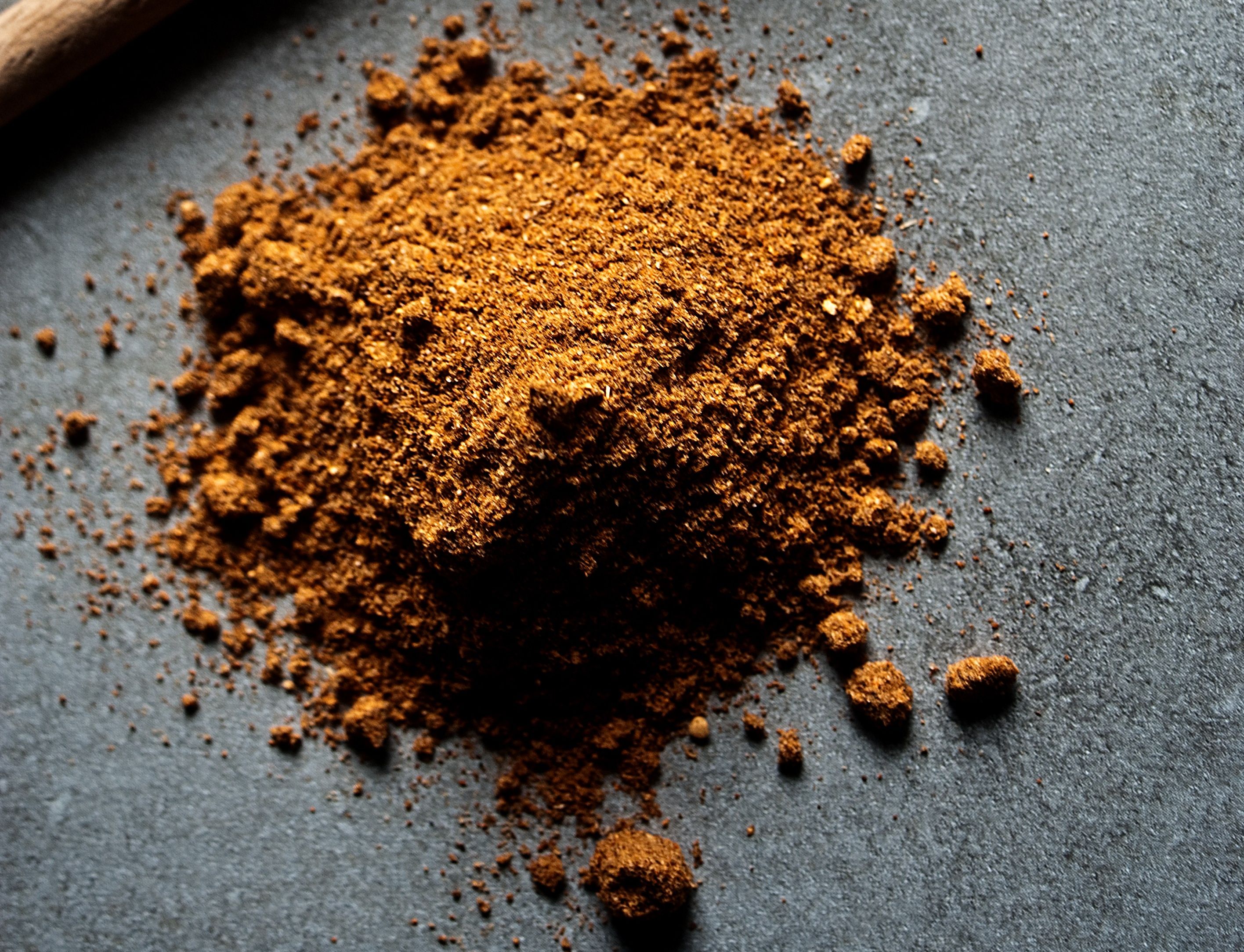Common spice found to cut calorie intake thanks to 'oral burn' - may fuel weight loss

Spicing up meals might be an effective strategy for portion control, new findings suggest
Don't Miss
Most Read
Latest
Adding a dash of spice to your meals could help you eat less, according to new research from Penn State University.
Scientists found that increasing "oral burn" with chilli pepper slowed down eating and reduced calorie consumption without affecting how much people enjoyed their food.
The findings, to be published in the October issue of the journal Food Quality and Preference, suggest that spicing up meals might be an effective strategy for portion control.
The research team conducted three experiments involving 130 adults who were served either beef chilli or chicken tikka masala in mild or spicy versions.

Adding a dash of spice to meals could reduce calorie intake
|GETTY
The spiciness was carefully controlled by varying the ratio of hot versus sweet paprika to adjust heat whilst maintaining consistent chilli flavour.
Participants were recorded on high-definition video whilst eating, allowing researchers to measure food and water consumption, meal duration, eating speed, bite rate and size.
The researchers discovered that participants ate the spicier meals more slowly, which led to reduced food intake.
Lead author Paige Cunningham explained that a slower eating rate means food stays in the mouth longer, potentially signalling fullness.
"What's critical here is that the reduction in intake occurred without negatively impacting how much participants liked the food," said John Hayes, Penn State professor of food science and corresponding author on the paper.
"While portion control wasn't the explicit goal of this study, our results suggest this might work.
"Next time you're looking to eat a little less, try adding a blast of chillies, as it may slow you down and help you eat less," Hayes suggested.
LATEST DEVELOPMENTS

Scientists are investigating how oral burn may impact eating behaviours
|GETTY
The research team spent considerable time perfecting their recipes, particularly for the chicken tikka masala, to ensure palatability remained consistent even as spiciness increased.
Interestingly, the researchers found that water intake didn't differ significantly between spicy and mild meals, challenging the assumption that people might drink more water with spicier food and thus feel fuller.
Appetite ratings before and after meals were also similar, suggesting participants felt equally satisfied after spicy meals despite consuming fewer calories.
The team is now investigating how oral burn might impact other eating behaviours, such as snacking.











